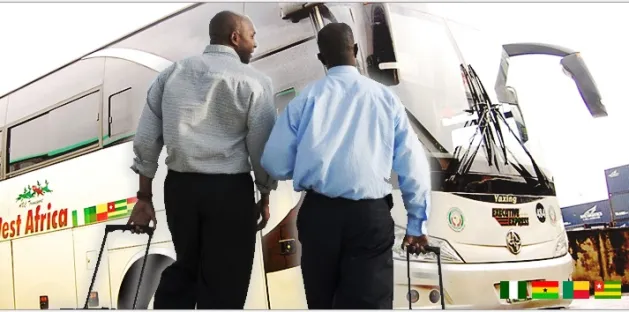As the Christmas season approaches, the expense of interstate travel in Nigeria is set to skyrocket, potentially reaching an exorbitant N50,000 for certain routes. This surge in transportation costs, driven partly by the removal of fuel subsidies by the current administration, may hinder many from embarking on holiday journeys.
According to the National Bureau of Statistics October 2023 Transport Fare Watch, the average fare for intercity bus trips surged by 53.04%, rising from N3,845.81 in October 2022 to N5,885.68 in October 2023. A check by Legit.ng revealed current bus fares, such as N34,500 for a Hiace Ultra from Iyana Ipaja, Lagos, to Area 3, Abuja, and N36,300 for a Hiace X on the Iyana Ipaja, Lagos, to Utako, Abuja route.
With the festive season approaching, the trend is expected to continue, with passengers facing the possibility of paying up to N50,000 for bus tickets during the Christmas period. GUO Transport Company’s ticket prices indicate a potential 45% increase, with routes such as Lagos to Abuja costing N49,000 and Abuja to Lagos at N50,000.
The removal of fuel subsidies has been a significant factor in the escalating transportation costs, leading to concerns among travelers. Chijioke Osondu, a Lagos resident, mentioned the expected increase due to the fuel subsidy removal, forcing him to suspend travel plans with his family. Another individual, Peter Austin, expressed doubts about affording the high transport fare, potentially impacting holiday plans.
In the midst of these challenges, President Bola Tinubu recently announced the deployment of 100 electric buses, marking a strategic move towards a more sustainable and environmentally friendly transportation system in Nigeria. This initiative aims to reduce the country’s carbon footprint and modernize its transport infrastructure.
As the Christmas rush intensifies, travelers are bracing themselves for a substantial financial burden, potentially altering traditional holiday plans for many across the country.









